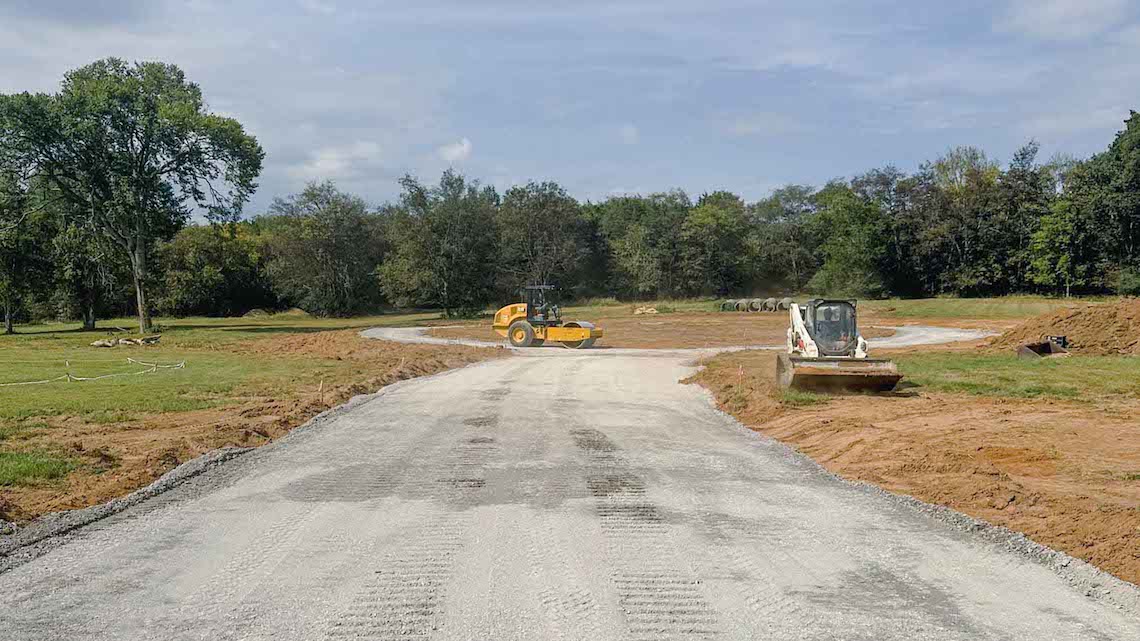
Unearthing Possibilities: The Future of Sustainable Excavation Oct 19, 2025
Excavation has historically been deemed a necessary yet environmentally taxing process, primarily due to energy consumption and land disruption. However, the tide is turning. The advent of advanced technology and a heightened awareness of environmental conservation are driving changes in how excavation services are conducted.
One significant development in sustainable excavation is the incorporation of renewable energy. Many companies are transitioning to using electric-powered machinery instead of traditional fuel-based options. By harnessing solar power and utilizing electric or hybrid equipment, Zion Excavation is significantly reducing its carbon footprint. This not only conserves resources but also ensures that the company operates in alignment with global sustainability goals.
Another promising innovation is the use of precision excavation techniques. Smart technology and GPS-guided machinery are now pivotal in minimizing unnecessary soil displacement. Precision excavation helps limit environmental impact by reducing the quantity of waste material generated during a project. This technology optimizes resource management, as precise digging leads to less disturbance and preserves more of the natural landscape.
Zion Excavation is also pioneering in the use of recycled and sustainable materials. Recycling soil and other material on-site reduces the need to transport new raw materials, thereby cutting down on emissions caused by transportation. Such practices not only make projects more sustainable but also cost-effective, a win-win situation for clients and the environment alike.
The future of sustainable excavation further hinges on the use of environmentally safe materials. Implementing biodegradable and eco-friendly options not only enhances the sustainability of a project but also ensures compliance with increasingly stringent environmental regulations. Embracing these materials can significantly reduce the negative environmental impacts during and after excavation.
Community involvement stands as another pillar in sustainable excavation efforts. Engaging with local communities to better understand their environmental concerns and expectations leads to operations that are both socially responsible and conducted with minimal disruption. Zion Excavation prioritizes communication with stakeholders to devise projects that serve community interests and environmental standards simultaneously.
Looking forward, the integration of artificial intelligence in sustainable excavation shows promise. AI can improve efficiency by analyzing site conditions to accurately predict the best methods and schedules for excavation activities. This reduces energy use, timelines, and overall project costs, creating a more sustainable construction environment.
As Zion Excavation continues to lead by example, the future of sustainable excavation is undeniably bright. By embracing technological advancements, focusing on renewable energy, optimizing resource use, and prioritizing eco-friendly practices, the company is shaping a path towards more ecologically responsible actions in the industry.
In conclusion, as the excavation industry evolves, companies like Zion Excavation illustrate the potential and necessity of sustainable innovation. By adopting greener practices today, we can ensure that the landscapes altered today are able to flourish for future generations. The continuation of this journey depends on commitment—from contractors, communities, and clients alike—to uphold our responsibility to the earth.
/filters:no_upscale()/media/33521495-cfd7-4d75-afb1-3b2a860228ba.png)
/filters:no_upscale()/filters:format(webp)/media/84c95134-b207-453b-8725-517197caadea.jpeg)